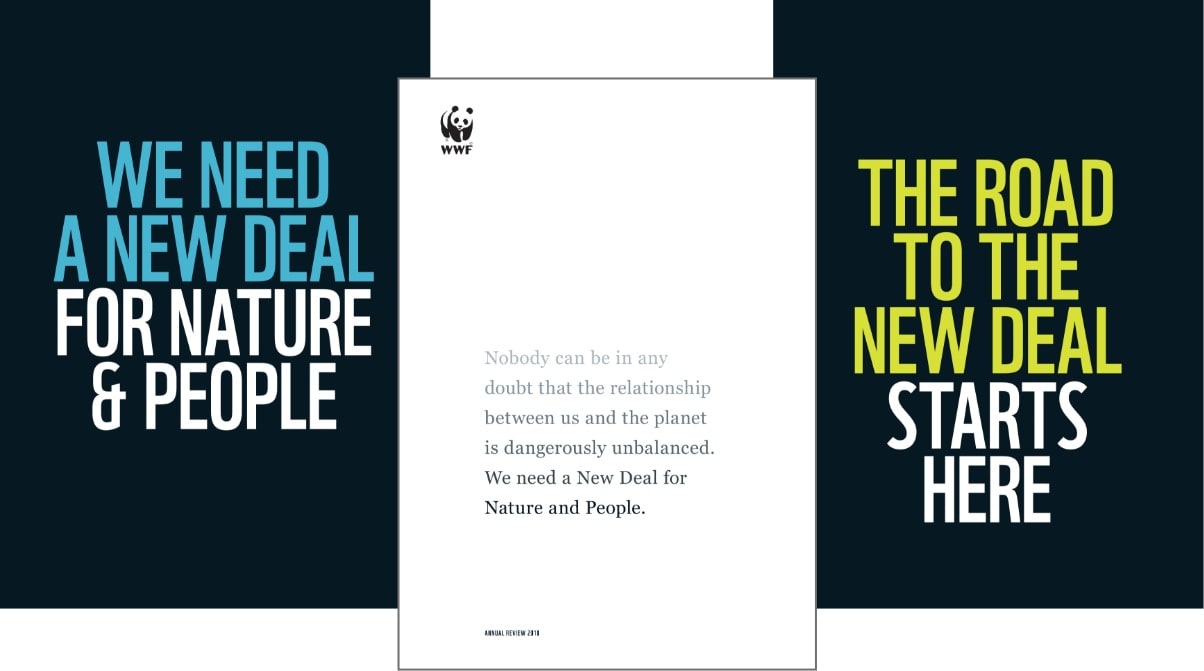LOOKING AFTER YOUR WORDS
© Thomas Cristofoletti / WWF-US
The way you write and speak is vitally important for WWF. Do it right and your words will help you – and your cause – to be understood and to change hearts and minds.
© WWF-Singapore
USING OUR VOICE
The following principles will help you to use your words better than ever before. Remember, the way you apply the principles depends on your audience and what you’re trying to say. So, for example, you will use them differently with a technical report for government officials and an email to supporters to thank them for their support.
BE CLEAR
Your words need to be understood.
Think about your audience and how to make things clear for them. There are many ways to write and speak clearly: say only what you need to say, explain jargon, make your sentences as simple as possible, highlight key information, and be accurate and consistent in your use of language. Our editorial style guide is a great resource, with guidelines on everything from spelling, grammar and punctuation to expressing numbers, dates and measurements.
BE BOLD
Your words need to change hearts and minds. Get people’s attention and make a compelling case for action.
WWF values our strong reputation for getting our facts right. But facts don’t change the way people think and act; only compelling stories based on sound evidence can do this. So think like a storyteller more often: grab people’s attention, bring an issue to life, and take them on a compelling journey.
BE HUMAN
Your words need to be trusted. Speak like a real person, not a robot.
Too often, people use words in a way that doesn’t sound natural – making them sound insincere or even unfriendly. It’s particularly important to speak like a real person with the public, especially at a time when trust in the media, governments and organizations is eroding. When preparing your words, it may help to imagine you are having a real conversation with someone.
© WWF-US / Keith Arnold
© Ahmed Nasheed /Earth Hour – Maldives

